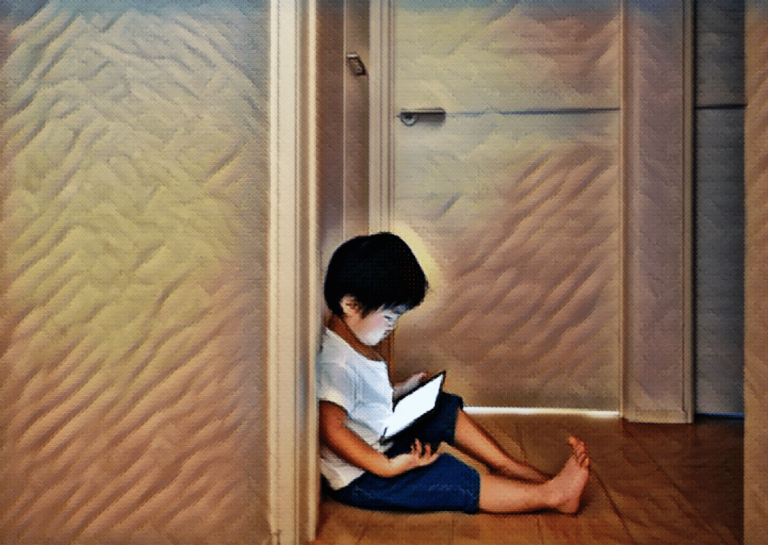The conflicting reports on what amount of screen time is right for a child can be confusing for parents, especially when many aspects of life have become digital.
The good news is that there are sensible, evidence-based ways to think about screen time limits including getting your kids involved in finding a solution that works for your family.
One thing parents should acknowledge is that not all screen time is the same when it comes to the device and how it is used. Doing something creative or educational is very different from scrolling on social media for entertainment or playing games. According to the ‘Goldilocks Theory’ created by academics from Oxford and Cardiff universities suggests that some screen time can be beneficial, helping children develop their creativity and build communication and social skills.
And when it comes to different devices, close-up screen time on phones or tablets before bed is worse than further away screen time like television due to blue light exposure which could make it harder for your children to fall asleep and affect their quality of sleep.
Another factor that the World Health Organization addresses is the length of screen time. After how long do the benefits of screen time decrease and the negative effects increase?
The World Health Organization came up with recommendations for screen time length based on age. Children under 2 should try to avoid screen time as much as possible. Children ages 2-4 should have a maximum of one hour of screen use a day. For children 5 and up they recommend a maximum of 1-2 hours daily during the week and a bit longer on the weekends. This group also includes teenagers.
What’s most important is making sure your kids are getting enough physical activity and sleep. Screen time should be limited so it doesn’t affect these. That’s why it’s important to have a conversation about screen time and help them understand why you’re setting limits. Keep in mind that they might need to spend longer online to complete their schoolwork but, try to stick to the limits and boundaries you set as best as possible.
There are ways parents can identify if screen time is having a negative impact on their child’s life. Talk to your child about what they’re doing online and get them to think about how it makes them feel when they spend time doing these things.
Some questions parents can ask themselves about their kid’s behavior include:
- “Is it interfering with schoolwork or other activities, affecting mood, or affecting sleep?”
- “Do they feel like they are missing out on spending time with friends?”
- “Does late-night gaming make them feel tired at school the next day?”
- And for older kids, “Is social media affecting their self-esteem?”

